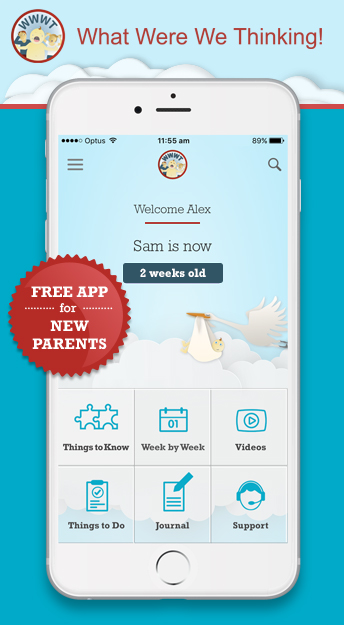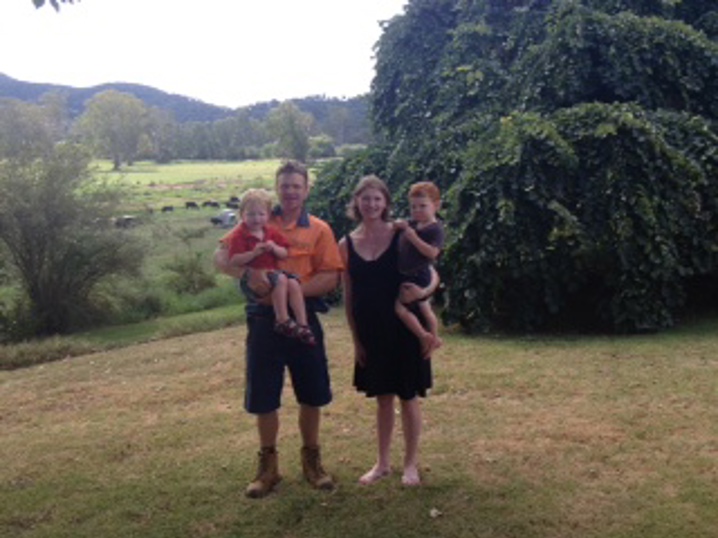Breast feeding: it's not my favourite sport
By Alice
We have clocked up three months of the intense sport of breas tfeeding and, in retrospect, we have fared quite well. Last time, by three months I was beginning to wean: I’d had five rounds of mastitis (with two more to come,) nipple thrush and a life spent eating, feeding and sleeping to keep the energy up to feed the twins had taken its toll.
By luck, feeding Lily has been far more pleasurable. Being a parent for the second time (so to speak) does give one a head start in this department, instinct has been a huge help. No tense shoulders as you fumble on how hold your delicate bundle, clarity on what's a hungry cry verses discomfort cry verses the always horrible 'I'm tired, let-me-sleep cry'. It is also a second chance to perfect breast feeding technique.
Yet like any sport, even with practice injuries still arise. One nipple is grazed, giving a sharp, burning sensation randomly through the day and the other blocks every now and again, sending me into a spin of hot and cold packs, massage and extra feeding to decrease the chances of mastitis.
The 'convenience' of breast feeding anywhere, my good health and having only one baby to feed have been the lucky things, but it still hurts, takes time and makes you tired. The “sales pitch” to prospective mothers that breast feeding is sport and is a breeze is unfair and, in my experience, a horrible lie!
As great as it can be for mother and baby, let's be honest and supportive to those that find it challenging and painful. For some, breast feeding may not be their sport of excellence either.
Expert response from What Were We Thinking! expert, Sue Doogan
Magnificent words of wisdom Alice! I support breast feeding 100% for benefits to mother and child – no question there. However, as you allude to Alice, let’s be honest and open with each other. A sales pitch somewhere in the middle of “I can’t/don’t want to breast feed” and the “breast feeding fanatics” would be a lovely start. Like everything in life we have our extremes to the far left or far right – somewhere in the middle would be great to improve our breast feeding statistics (The 2010 Australian National Infant Feeding Survey: Indicator results, found that although 96% of babies were initially introduced to breast milk, 61% were exclusively breast fed for less than one month and this progressively decreased to 15% at around six months of age). It is important to acknowledge that not all mothers will be able to breastfeed, even if they would like to.
Yes, breast feeding is natural, but this does not mean it comes naturally to either the mother or the baby. I have come across many women who, with the best of intentions, are going to breast feed or are currently breast feeding and for whatever reason it’s just not working for them – babies with poor sucking action or attachment, cracked nipples for mothers, the list goes on. The number of women I’ve come across who “absolutely love breast feeding” would be the minority to be honest. Most mothers state they breast feed because they feel they should but their comments in regards to discomfort seem to range between “not entirely painful or painless” to “some discomfort” in some, to “intense pain +/- mastitis” for others. As I’ve said on other occasions, let’s be kind to each other and stop judging or comparing – it’s not one size fits all.
On the positive side of breast feeding (apart from all the obvious benefits you already know), it is a “job” that only you can do. Breast feeding “makes” you sit down – allowing you time to rest & let your body slowly recover from pregnancy and labour. Enjoy it while you can because all too quickly the feeds get shorter & shorter in duration & all of those other “jobs” are waiting for you!
Posted in: Baby 9-12 weeks Every baby is different Your needs









